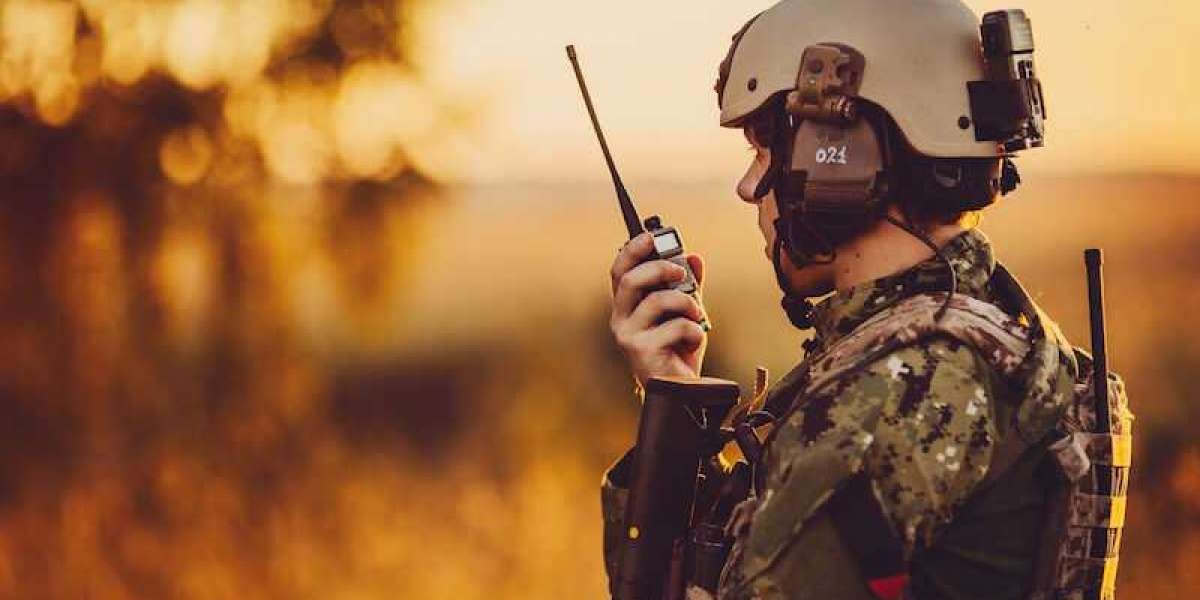How does military communications help your Competitive Intelligence thinking? This article asks how does military communications help your Competitive Intelligence thinking. Since the dawn of time, armies have tried to hide their location for obvious reasons. But for armies to be effective, they need things like food for their troops. Plus more ammo, fuel for their machinery or food for horses. As the Russians have recently found out again, these essentials need to be in easy reach. However, one of the biggest problems armies have always faced is communicating with troops.
Troops in the field Don’t communicate, and then the troops will sit, await orders, drink tea and play cards. Communicate with them, and they do things. But the moment you talk to them, you reveal your location. Revealing a location is never good, especially if someone wants to throw a missile at you.
So armies have to communicate with their forces on and off a battlefield. And as a result, their enemies have always tried to understand where they are.
Nothing has changed from messengers, semaphore, smoke signals, morse code to 5G satellite. It’s done to build a picture of the strengths and locations of their forces and so much more. Or, of course, to throw artillery shells at them.
What is Competitive Intelligence?
Competitive Intelligence is the finding, sorting and critical analysis of information. To make sense of what’s happening and why. Predict what’s going to happen and give the options to help you control the outcome. Competitive Intelligence offers more certainty, competitive advantage, insight, growth security. When a source starts to send information, you can detect the direction of the message. But they would have no idea how far the signal’s source is. They could have been over the other field or across that lake. But as communications technology developed, a signal could be thousands of miles away. So not much use.
So they look for the same signal from at least three locations. Each then plots a line in the direction of the signal. They then talk to each other, so they triangulate the position. When more ground stations look for the signal, the location will be more accurate.
Triangulation The concept of triangulation is helpful within Competitive Intelligence. When creating Competitive Intelligence, there are many ways to collect and collate information. It is very important not to rely on a single source of information. Even if the source has done well for you in the past, it doesn’t mean it will work in the future.
You also have unconscious biases at play. Without deliberate thought, your mind will tell you it must be true. True because you have read it, and a compelling urge if you want it to be true.
Is the article credible? Before placing any credibility on an article, it’s essential to understand:
Who wrote the piece? Importantly, who paid them to do it? Was the article copied from elsewhere? If copied, what does the original say? Anything different? Poor translation? Are the conclusions taken out of context? Even if you confirm the source is valid and trusted, it’s not over. Taking the military analogy into account, you must look for multiple sources. Ideally, primary sources who would know the answer. Or give validation to your secondary source. Even then, look for more sources to triangulate your information. And never be tempted to ignore information that counters the info you found, especially if you want it to be true.
Weapons of mass… What immediately springs to mind is the case of weapons of mass destruction. President George W Bush and Prime Minister Blair’s wanted proof Iraq possessed them. They used it as a reason to progress the second Gulf War. It is often described as an Intelligence failure but is an example of wanting it to be true. Intelligence was pressured to find the answers they wanted, and they duly obliged.
How does military communications help your Competitive Intelligence thinking? This article asked how does military communications help your Competitive Intelligence thinking. Since the dawn of time, armies have tried to hide their location from their enemies. And your competitors want to do the same. In conclusion, triangulation of military communications can help you think. Verifying information and being mindful of bias creates more accurate Competitive Intelligence.




